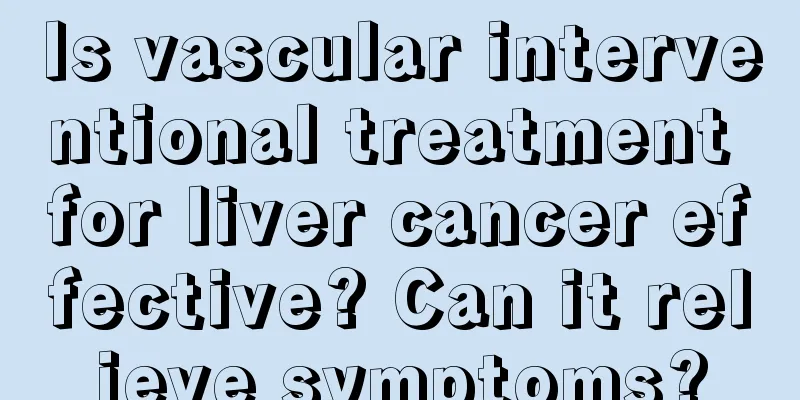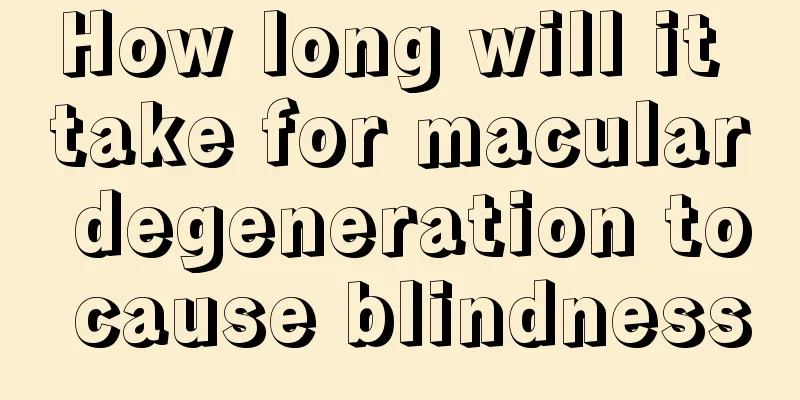Is it right not to treat lung cancer in an 80-year-old man?

|
It is not entirely correct to not intervene in the treatment of lung cancer in an 80-year-old. A comprehensive assessment should be made based on the patient's physical condition, tumor stage and personal wishes. Some patients can still benefit from treatment. Treatment methods include surgery, radiotherapy, chemotherapy, targeted therapy and immunotherapy, and the specific plan needs to be formulated by the doctor. 1. Surgery: For patients with early-stage lung cancer, surgical removal of the tumor is the preferred treatment method. Common surgical methods include lobectomy, wedge resection, and segmentectomy. Surgery can effectively remove the tumor, but the patient's cardiopulmonary function and surgical tolerance need to be evaluated. 2. Radiotherapy: Radiotherapy is suitable for patients who cannot undergo surgery or postoperative adjuvant therapy. Common radiotherapy methods include three-dimensional conformal radiotherapy, intensity-modulated radiotherapy, and stereotactic radiotherapy. Radiotherapy can accurately irradiate tumors and reduce damage to normal tissues, but it may cause side effects such as radiation pneumonia. 3. Chemotherapy: Chemotherapy is suitable for patients with advanced lung cancer or postoperative adjuvant therapy. Commonly used chemotherapy drugs include cisplatin, carboplatin, paclitaxel and gemcitabine. Chemotherapy can kill tumor cells, but may cause adverse reactions such as nausea, vomiting, and hair loss. 4. Targeted therapy: Targeted therapy is suitable for lung cancer patients with specific gene mutations. Commonly used targeted drugs include gefitinib, erlotinib and osimertinib. Targeted therapy can accurately inhibit tumor growth, but gene mutations need to be monitored regularly. 5. Immunotherapy: Immunotherapy is suitable for lung cancer patients with positive PD-L1 expression. Commonly used immunotherapy drugs include pembrolizumab, nivolumab and atezolizumab. Immunotherapy can activate the patient's own immune system, but may cause immune-related adverse reactions. Lung cancer treatment for 80-year-olds requires comprehensive consideration of the patient's physical condition, tumor stage, and personal wishes to develop an individualized treatment plan. Some patients can still benefit from treatment, improve their quality of life, and prolong their survival. Family members should fully communicate with doctors to understand the pros and cons of treatment and make the most suitable choice for the patient. |
<<: Is 3 cm gallbladder cancer considered early stage?
>>: What causes prostate cancer?
Recommend
Bulging blood vessels on the arm
In daily life, you may often see bulging blood ve...
What are the benefits of soaking your feet after exercise
It is beneficial to soak your feet after exercise...
What are the nursing measures for colon cancer
Colorectal cancer is a type of tumor. This tumor ...
What are the treatments for lung cancer? There are five treatments
Once lung cancer is diagnosed, the earlier it is ...
Side effects of lotus powder
Lotus powder is the most precious variety of hone...
Who are the susceptible groups for lung cancer?
In recent years, lung cancer has become a major d...
What are the four infectious items?
Diseases are classified into many categories acco...
What's the use of expired milk?
According to normal thinking, we think that expir...
There is a lump on the inside of my ear
The ear is one of our important organs. Some peop...
Can patients with pancreatic cancer get pregnant?
Can pancreatic cancer patients get pregnant? If t...
How to prevent digestive tract cancer? Do these 4 things and say goodbye to digestive tract cancer
The digestive tract is an important organ in our ...
What are some tips for when the toilet won't flush?
In life, we will encounter various life problems,...
How to diagnose breast cancer
The early symptoms of breast cancer patients are ...
Is it harmful to work night shifts while pregnant?
Many women will continue to work after they becom...
The role of ether
Ether is a relatively common organic solvent and ...









